7 Benefits Of Dry Dates For Health & Their Nutritional Value
Exciting ways to enrich your diet and boost immunity with this nutrition powerhouse
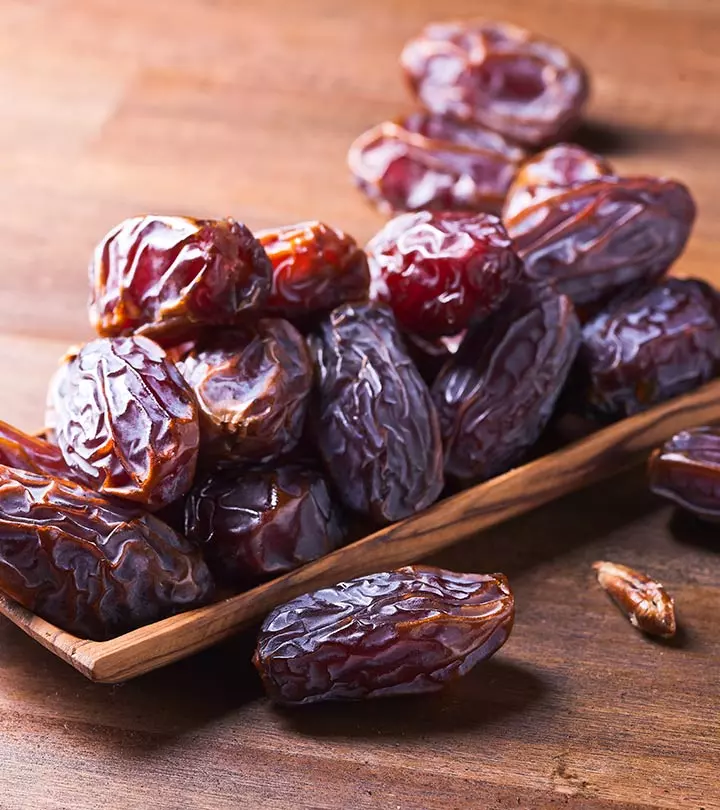
Image: ShutterStock
Dry dates have several health benefits that might make you choose them over fresh ones. Date fruits (Phoenix dactylifera) are nutrient-rich and serve as a natural remedy for many ailments. These stone fruits are rich in essential vitamins, minerals, and powerful antioxidants, improving digestion, boosting cardiovascular health and energy, and may even help combat anemia. Moreover, dried dates make your skin bright. This article discusses the benefits of dry dates, their nutritional profile, how to use them for maximum benefits, and any potential side effects. Take a look.
 Know Your Ingredient: Dry Date
Know Your Ingredient: Dry DateWhat Is It?
It is a fruit from a palm tree that is native to the Middle East which is dried to remove all of its moisture content.
What Are Its Benefits?
It may help in boosting energy, cardiovascular health, and digestion and also help in tackling anemia and hair problems
Who Can Consume It?
It can be safely consumed by the majority of people but those who have diarrhea or irritable bowel syndrome should avoid it.
How Often?
You can consume it daily but in moderation.
Caution
Overconsumption may cause bloating, abdominal pain, or weight gain.
In This Article
What Are Dried Dates?
Dried dates are an excellent source of energy and contain many vitamins and minerals. They look hard due to their low moisture content and are often used in Indian households. Dried dates have a strong flavor due to the presence of concentrated nutrients. They contain fiber, calcium, and vitamin C that keep you healthy and are available easily in stores around the world.
Key Takeaways
- Dried dates are a rich source of vitamins and minerals that may boost energy, aid digestion, and improve skin and hair health.
- While fresh dates have a high moisture content, dried dates can stay fresh for up to a year due to their low moisture content.
- Overconsumption of dried dates may lead to bloating, allergic reactions, or high levels of potassium.
- Select soft and shiny dates and store them in an airtight container at room temperature or in a refrigerator to retain their freshness and flavor.

What Are The Health Benefits Of Eating Dry Dates?
1. May Aid Digestion
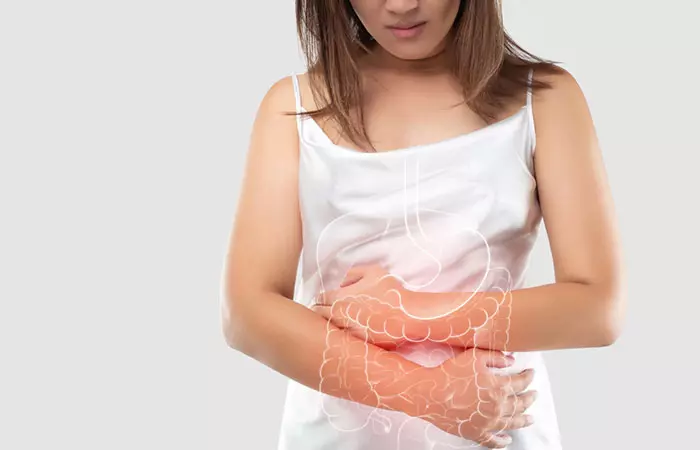
Dried dates contain soluble and insoluble fibers, which can increase the secretion of digestive juices and enhance the absorption of foods. They also contain beta-d-glucan that can promote a feeling of satiety and prevent overeating while improving nutrient uptake and relieving symptoms of indigestion (1).
The dietary fiber in dehydrated dates is known to treat constipation effectively.
Fiber can keep your colon clean by increasing the amount of fecal matter from your large intestine and act as a laxative to facilitate the movement of bowel within your body (2).
2. May Improve Cardiovascular Health
Consumption of dried dates may improve cardiovascular health. Dried dates are low in fat and, like all plant foods, contain no cholesterol (3). They are known to control low-density lipoprotein (or bad cholesterol) in the bloodstream, thereby improving your heart health. Apart from this, dried dates are low in sodium and a rich source of potassium, which makes them beneficial for keeping your blood pressure in check (4). Thus, they may help maintain your cardiovascular system.
3. May Boost Energy

Dried dates are rich in natural sugar (glucose and fructose) (5). This natural sugar helps provide energy to the body. It, thus, keeps you physically fit and healthy to perform your day-to-day activities.
These dates are a good source of carbohydrates and can provide a major energy boost at any time of the day (6).
4. May Help Maintain Bone Health
Dried dates are an excellent source of calcium, which is an important element for keeping your bones strong (7). They help prevent calcium deficiency, which is a leading cause of osteoporosis and arthritis (8).
Some anecdotal evidence suggests that the consumption of dried dates helps strengthen the muscles of the heart, uterus, and the overall body. Pregnant women should consume dried dates regularly as they can strengthen the uterine muscles and make childbirth easier. However, more long-term research is required to understand this benefit of dried dates.
5. May Help Tackle Anemia

Dates are a good source of iron, one of the most vital minerals in your body (9). Iron is a major component of hemoglobin. It plays a key role in maintaining the number of blood cells as well as regulating the flow of oxygen in the body (10). However, more long-term research is required to understand this effect of dried dates in humans.
Cindy, a blogger, wrote about facing a challenge with low iron levels during her pregnancy. Despite taking iron pills, her levels continued to drop. Her nurse advised her to consume a drink by boiling red dates in water, “It seems my body is not exactly absorbing the iron from pills well, so she recommended Red Dates Drink. Drinking this every day would help to nourish the blood and improve the low iron levels.” She sums up her experience, noting, “And a retest was done about a month later, and I’m happy to share that my iron levels have shot up to 12.9! YAY (i)!!” However, Cindy also cautions to consult an expert before trying any such methods, especially during pregnancy.
6. May Improve Skin Health
Dried dates contain vitamin A (retinol), which is helpful in maintaining skin health (11). It prevents breakouts and promotes natural moisturizing, which helps hydrate your skin. Consequently, you get healthy and glowing skin (12). Dates are said to possess anti oxidative properties that help fight against skin aging (13).
The vitamins C and K found in dried fruits can help improve skin quality and appearance, reduce inflammation, and eliminate some signs of aging, such as wrinkles and blemishes (14), (15), (16). However, more research is required to validate this benefit of dried dates.
7. May Help Treat Hair Problems

Research is limited with regard to dried dates and their effect on hair. However, anecdotal evidence suggests that the vitamins and minerals available in dried dates help in maintaining a healthy scalp, which further strengthens the hair roots.
The iron, calcium, and vitamin C in dried dates may contribute to the healthy production of hair and reduction in inflammatory conditions that can cause hair loss and dandruff. Also, the presence of vitamin B5 in dates may help provide nourishment to the hair roots that make your hair stronger.
 Did You Know?
Did You Know?Now that you know all about the benefits of dried dates, let’s check out their nutrition profile.
Dried Dates – Nutrition Profile
Dried dates have a unique nutritional profile as they are unusually high in calories. They also contain vitamins C and K, calcium, B vitamins, and iron along with trace amounts of various other minerals and antioxidants (17). They also have all the essential minerals like iron, potassium, selenium, magnesium, phosphorus, and copper, without which your body’s cells cannot perform their regular activities.
 Trivia
TriviaThere are numerous benefits of dates, even when they are dried So, if you are confused about which dates to go for – fresh or dried, check out the next section to find out.
Fresh Vs. Dried Dates
Dried dates have low moisture and stay edible for almost 5 years if stored properly, whereas fresh dates have a shorter shelf-life of 8 to 10 months due to their moisture content. Dried dates are commonly found in many countries as they are easy to export and store. Both dried and fresh dates can be stored in the freezer or refrigerator.
Dried dates may resemble a large raisin or a long wilted grape. The dehydration process causes this wrinkling of the skin. Fresh dates are plump and firm available in red and black colors. They have fewer wrinkles than dried dates. Let us take a look at some of the side effects of consuming dry dates.
Side Effects Of Dry Dates

While limited intake of dried dates is safe, overconsumption may lead to the following adverse effects.
- Bloating, constipation and gas
- Weight gain
- Hyperkalemia (high level of potassium)
- Allergic reaction
Pregnant women and lactating mothers should consult a doctor before consuming dates. We will take a look at some of the simple tips to select and store dry dates.
How To Select And Store Dry Dates
There are many varieties of preserved dates but you should keep these points in mind while shopping for these delicious snacks. Ideally, look for dates that are plump and shiny. Avoid dates that have white spots on them and are hard to touch. Dried dates are easily available in your local grocery store, farmer’s market or online.
Ideally, you must store dates in an airtight container in a cold and dry place at room temperature and can be used up to 2 months. You can also store dates in the refrigerator between 6 months to 1 year. This allows the dates to retain their freshness and flavor.
How else can you consume dates? Can you use them in recipes? Scroll down and learn more about how to incorporate more dates into your diet.
How To Incorporate Dry Dates Into Your Diet
You can enjoy dry dates on their own as a sweet and healthy snack. Apart from that, you may also:
- Blend them into your smoothies for natural sweetness.
- Chop and add them to your oatmeal and salads for a hint of sweetness and chewy texture.
- Replace refined sugar with them in baked goods like muffins and cookies.
- Blend them with nuts, seeds, and cocoa powder to create no-bake energy balls.
- Puree and add them to sauces or dressings for a hint of sweetness.
- Chop and combine them with nuts, seeds, and dried fruits to create a homemade trail mix.
- Deseed and stuff them with nut butter of your choice. Dip in melted dark chocolate for a sweet treat.
Check out the next section for a wholesome quick and easy recipe using dried dates.
Easy Dried Dates Recipe
Tangy Dried Dates Chutney

Ingredients
- 1 cup of dried dates, pitted and chopped
- ½ cup of tamarind pulp
- ½ cup of brown sugar or jaggery
- 1 teaspoon of red chili powder
- ½ teaspoon of cumin powder
- ½ teaspoon of salt
- 1 cup of water
How To Prepare
- Combine the dates, tamarind pulp, and water in a saucepan and cook over medium heat for 10-15 minutes till the dates soften and the mixture thickens. Keep stirring occasionally.
- Add the jaggery or brown sugar and let it dissolve.
- Mix in the cumin powder, chili powder, and salt.
- Cook for another 5-10 minutes, letting the mixture simmer until it has a thick sauce-like consistency.
- Let it cool and then refrigerate in an airtight jar. Use as per your preference.
Explore the incredible benefits of dates! From improved digestion to increased energy levels, discover why this sweet fruit deserves a special place in your diet. Click on the video now!
Infographic: Top 5 Benefits Of Dry Dates You Should Know About
This mouth-watering ingredient is full of essential nutrients that make it a healthy addition to your diet. To help you out, we have rounded up the top 7 dry date benefits you should know about in the infographic below. Scroll down to know more!
Some thing wrong with infographic shortcode. please verify shortcode syntaxConclusion
Dry dates offer an array of health benefits. They are loaded with vitamins, minerals, and antioxidants. They can aid in digestion and improve cardiovascular, bone, and skin health. They also boost energy as they are high in natural sugars. Being a rich source of iron, they also help manage anemia. The vitamins and minerals in dates help boost hair health too. Try including dry dates as a part of your diet in moderate amounts to reap their many benefits.
Frequently Asked Questions
How do you eat dried dates?
Dry dates can be eaten out-of-hand or may be pitted or stuffed with fillings. You can use them in recipes like oatmeal, salads, and smoothies.
Who should not eat dates?
Dates are high in sorbitol, which can improve bowel movements. Hence, people with diarrhea, IBS, or other sensitivities should avoid the intake of dates.
How many dates can we eat per day?
Having 100 grams or a handful of dates is recommended for eating. Although, the quantity may differ from person to person based on their calorie needs.
How are dry dates made?
Dry dates are prepared by keeping the dates on the tray outside in the sun for several days.
Are dates anti-inflammatory?
Yes, dates contain anti-inflammatory properties that may reduce swelling in different areas of the body (18), (19).
Can an individual with diabetes consume dates?
Yes, dates have a low glycemic index, which makes them ideal for consumption for people with diabetes (20).
What are some dry fruits you can have with dry dates?
Raisins, figs, prunes, apricots, currants, sultanas, cranberries, cherries, blueberries, goji berries, and mulberries are some dried fruits you can add to your diet in moderation.
Illustration: Benefits Of Dry Dates For Health & Their Nutritional Value
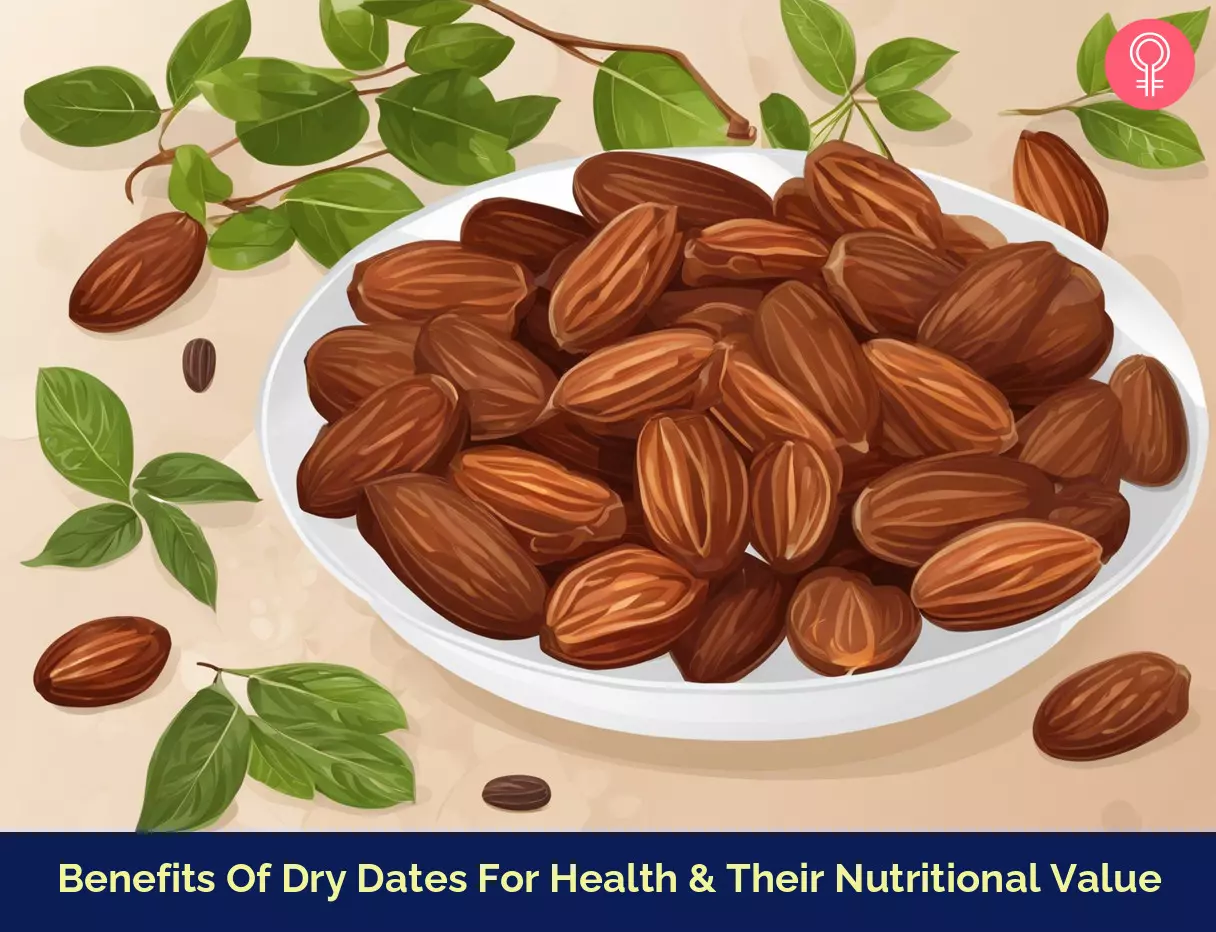
Image: Stable Diffusion/StyleCraze Design Team
Personal Experience: Source
StyleCraze's articles are interwoven with authentic personal narratives that provide depth and resonance to our content. Below are the sources of the personal accounts referenced in this article.
i. The challenge to increase iron levels during pregnancy!https://thehootingpost.com/2013/10/04/the-challenge-to-increase-iron-levels-during-pregnancy/
References
Articles on StyleCraze are backed by verified information from peer-reviewed and academic research papers, reputed organizations, research institutions, and medical associations to ensure accuracy and relevance. Read our editorial policy to learn more.
- Ghnimi, Sami, et al. “Date fruit (Phoenix dactylifera L.): An underutilized food seeking industrial valorization.”NFS journal 6 (2017): 1-10.
https://www.sciencedirect.com/science/article/pii/S2352364616300463 - Yang, Jing, et al. “Effect of dietary fiber on constipation: a meta analysis.”World journal of gastroenterology: WJG 18.48 (2012): 7378.
https://www.ncbi.nlm.nih.gov/pmc/articles/PMC3544045/ - Ahmed, Jasim, Fahad M. Al-Jasass, and Muhammad Siddiq. “Date fruit composition and nutrition.”Dates: postharvest science, processing technology and health benefits. Wiley Blackwell, Chichester (2014): 261-283.
https://www.researchgate.net/publication/257303571_Date_Fruit_Composition_and_Nutrition - Al-Farsi, Mohamed, et al. “Compositional and sensory characteristics of three native sun-dried date (Phoenix dactylifera L.) varieties grown in Oman.”Journal of agricultural and food chemistry 53.19 (2005): 7586-7591.
https://pubs.acs.org/doi/abs/10.1021/jf050578y - K.M., Farag. “Dates (Fruit).” Dates (Fruit) – an Overview | ScienceDirect Topics, 2016.
www.sciencedirect.com/topics/agricultural-and-biological-sciences/dates-fruit - Al-Farsi, Mohamed, et al. “Compositional and functional characteristics of dates, syrups, and their by-products.”Food Chemistry 104.3 (2007): 943-947.
https://www.sciencedirect.com/science/article/abs/pii/S0308814607000143 - Al-Farsi*, Mohamed Ali, and Chang Yong Lee. “Nutritional and functional properties of dates: a review.”Critical reviews in food science and nutrition 48.10 (2008): 877-887.
https://www.researchgate.net/publication/23413061_Nutritional_and_Functional_Properties_of_Dates_A_Review - Higgs, Jennette, Emma Derbyshire, and Kathryn Styles. “Nutrition and osteoporosis prevention for the orthopaedic surgeon: a wholefoods approach.”EFORT open reviews 2.6 (2017): 300-308.
https://www.ncbi.nlm.nih.gov/pmc/articles/PMC5508855/ - Turner, Jake, Meghana Parsi, and Madhu Badireddy. “Anemia.”StatPearls [Internet]. StatPearls Publishing, 2025.
https://www.ncbi.nlm.nih.gov/books/NBK499994/ - Abbaspour, Nazanin, Richard Hurrell, and Roya Kelishadi. “Review on iron and its importance for human health.”Journal of research in medical sciences: the official journal of Isfahan University of Medical Sciences 19.2 (2014): 164.
https://www.ncbi.nlm.nih.gov/pmc/articles/PMC3999603/ - Parvin, Sultana, et al. “Nutritional analysis of date fruits (Phoenix dactylifera L.) in perspective of Bangladesh.”American Journal of Life Sciences 3.4 (2015): 274-278.
https://www.researchgate.net/publication/279702821_Nutritional_Analysis_of_Date_Fruits_Phoenix_dactylifera_L_in_Perspective_of_Bangladesh - Zasada, Malwina, and Elżbieta Budzisz. “Retinoids: Active molecules influencing skin structure formation in cosmetic and dermatological treatments.”Advances in Dermatology and Allergology/Postȩpy Dermatologii i Alergologii 36.4 (2019): 392.
https://www.ncbi.nlm.nih.gov/pmc/articles/PMC6791161/ - Rahmani, Arshad H., et al. “Therapeutic effects of date fruits (Phoenix dactylifera) in the prevention of diseases via modulation of anti-inflammatory, anti-oxidant and anti-tumour activity.”International journal of clinical and experimental medicine 7.3 (2014): 483.
https://www.ncbi.nlm.nih.gov/pmc/articles/PMC3992385/ - Assirey, Eman Abdul Rahman. “Nutritional composition of fruit of 10 date palm (Phoenix dactylifera L.) cultivars grown in Saudi Arabia.”Journal of Taibah University for science 9.1 (2015): 75-79.
https://www.sciencedirect.com/science/article/pii/S1658365514000703 - Pullar, Juliet M., Anitra C. Carr, and Margreet Vissers. “The roles of vitamin C in skin health.”Nutrients 9.8 (2017): 866.
https://www.ncbi.nlm.nih.gov/pmc/articles/PMC5579659/ - Pazyar, Nader, et al. “Wound healing effects of topical Vitamin K: A randomized controlled trial.”Indian journal of pharmacology 51.2 (2019): 88.
https://www.ncbi.nlm.nih.gov/pmc/articles/PMC6533928/ - Vinson, Joe A., et al. “Dried fruits: excellent in vitro and in vivo antioxidants.”Journal of the American College of Nutrition 24.1 (2005): 44-50.
https://www.tandfonline.com/doi/abs/10.1080/07315724.2005.10719442 - Saryono et al. “Date seeds ( Phoenix dactylifera L.) consumption as anti-inflammatory and immunostimulant: a systematic review.” IOP Conference Series Earth and Environmental Science 250(1):012038
https://www.researchgate.net/publication/332232310_Date_seeds_Phoenix_dactylifera_L_consumption_as_anti-inflammatory_and_immunostimulant_a_systematic_review - Bouhlali et al. “Anti-inflammatory properties and phenolic profile of six Moroccan date fruit ( Phoenix dactylifera L. ) varieties.” Journal of King Saud University – Science 30(4)
https://www.researchgate.net/publication/319401245_Anti-inflammatory_properties_and_phenolic_profile_of_six_Moroccan_date_fruit_Phoenix_dactylifera_L_varieties - Alkaabi et al. “Glycemic indices of five varieties of dates in healthy and diabetic subjects.” Nutrition Journal 10(1):59
https://www.researchgate.net/publication/51171982_Glycemic_indices_of_five_varieties_of_dates_in_healthy_and_diabetic_subjects
Read full bio of Yvonne O’ Halloran
Read full bio of Eshna Das
Read full bio of Ravi Teja Tadimalla
Read full bio of Payal Karnik






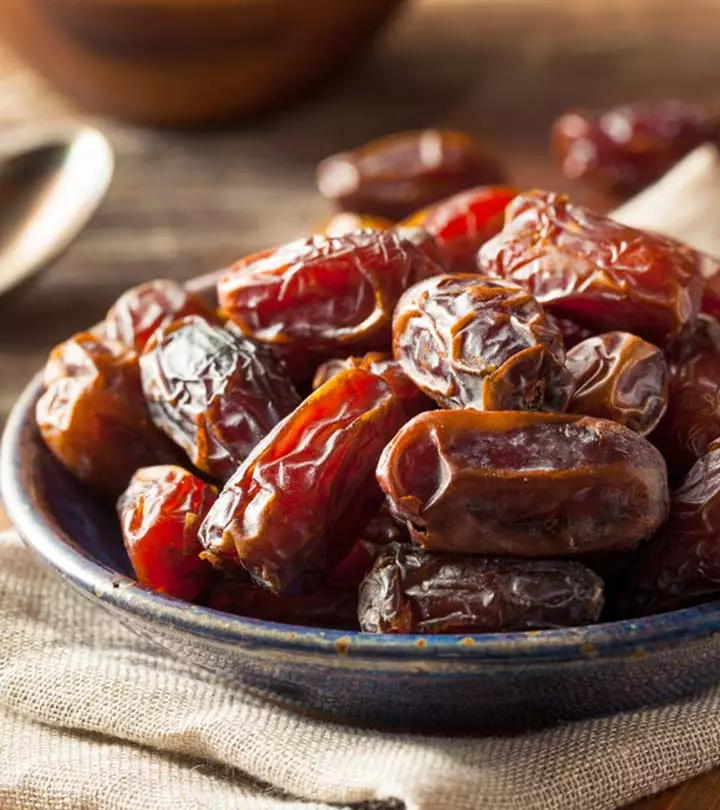
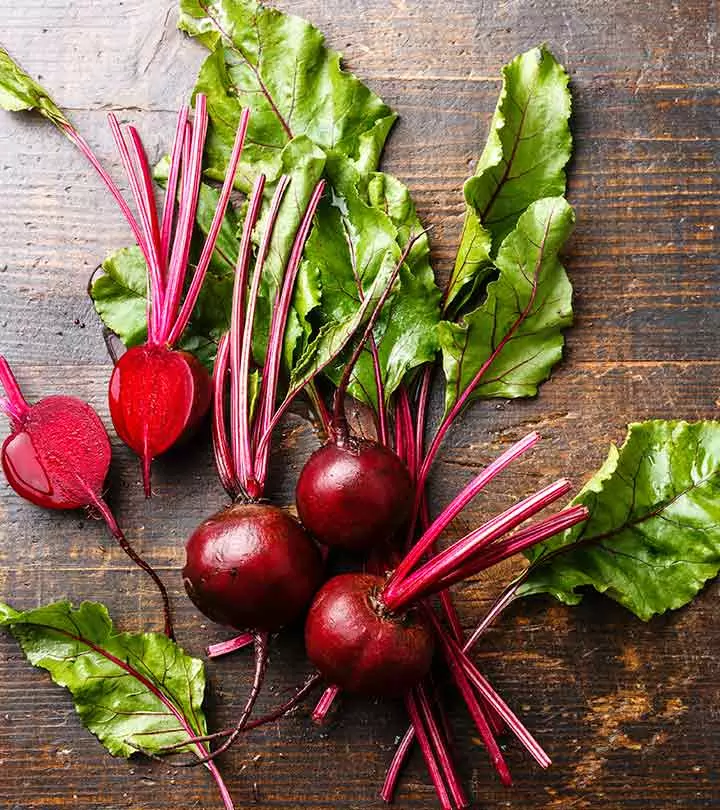
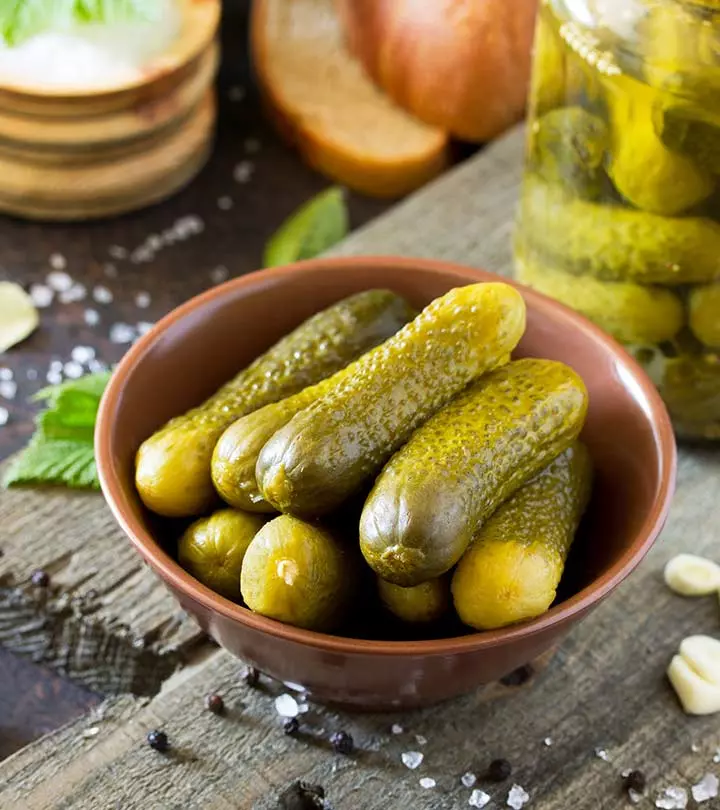
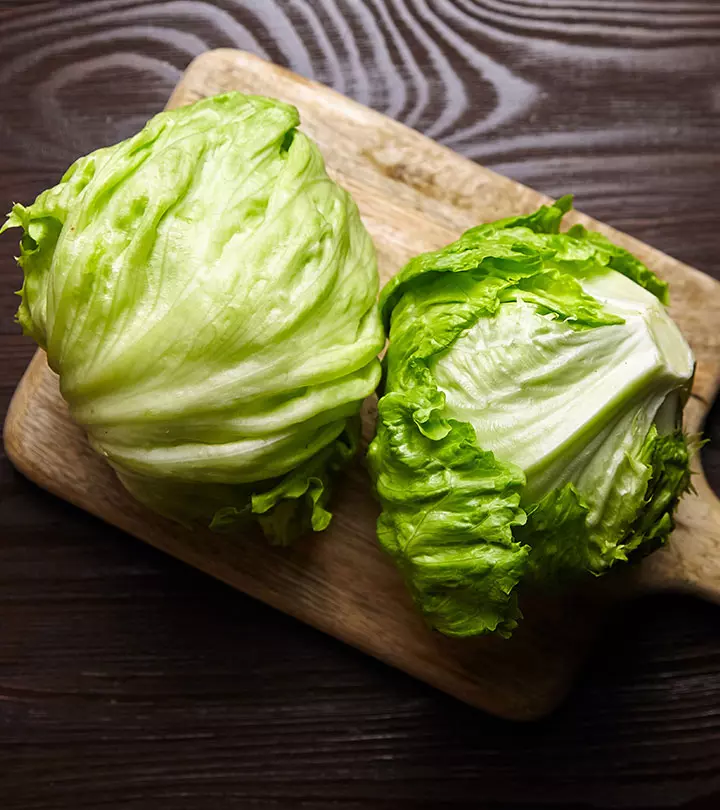
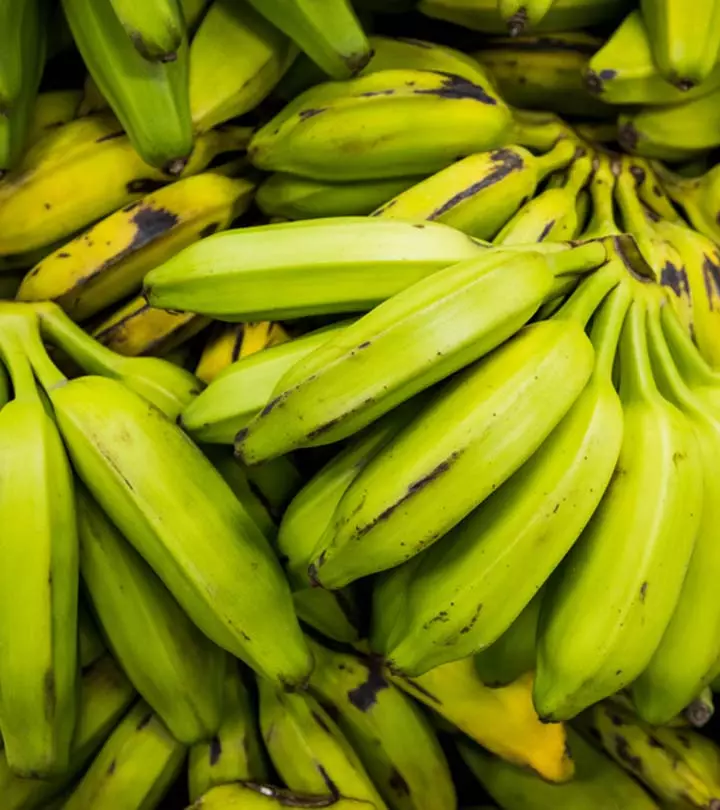
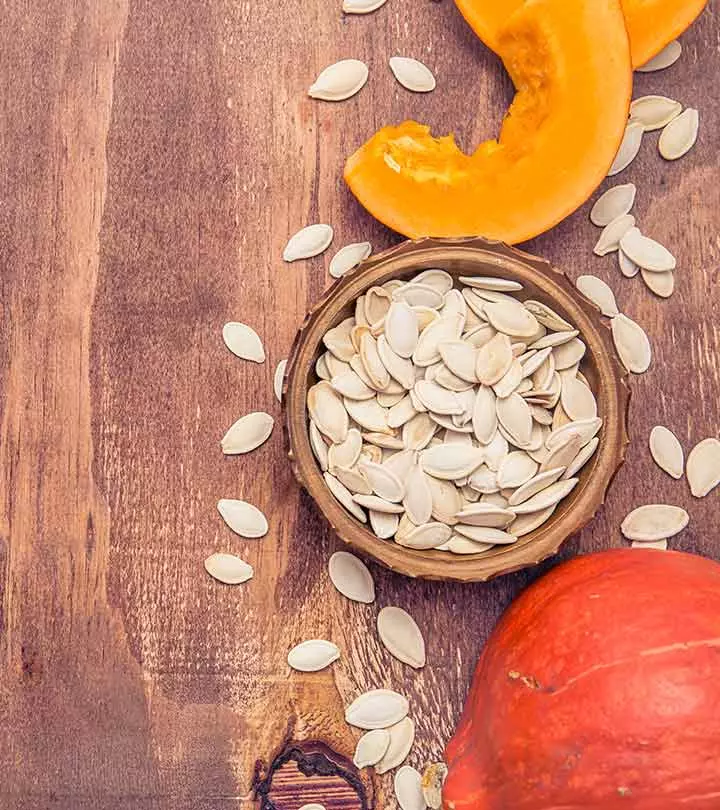
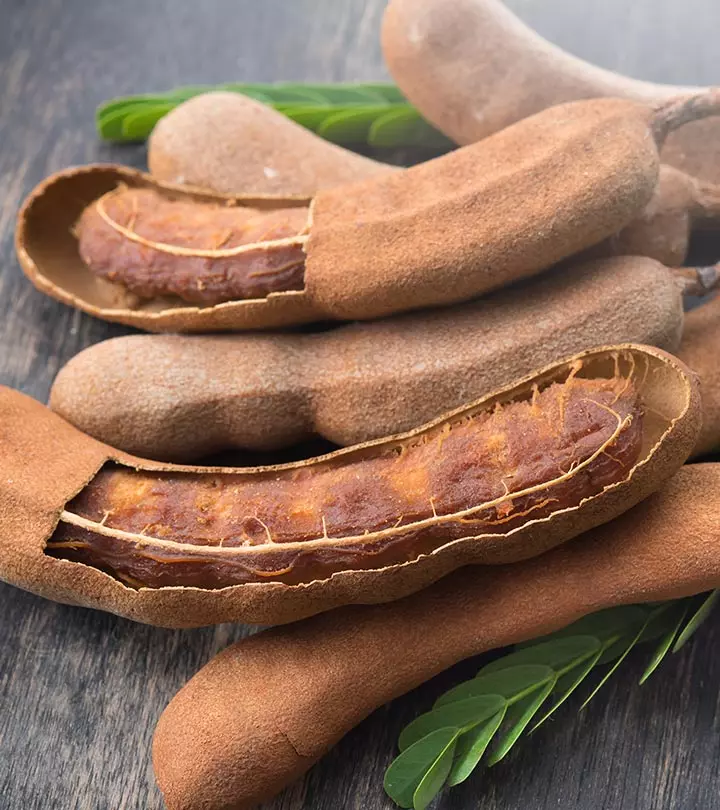
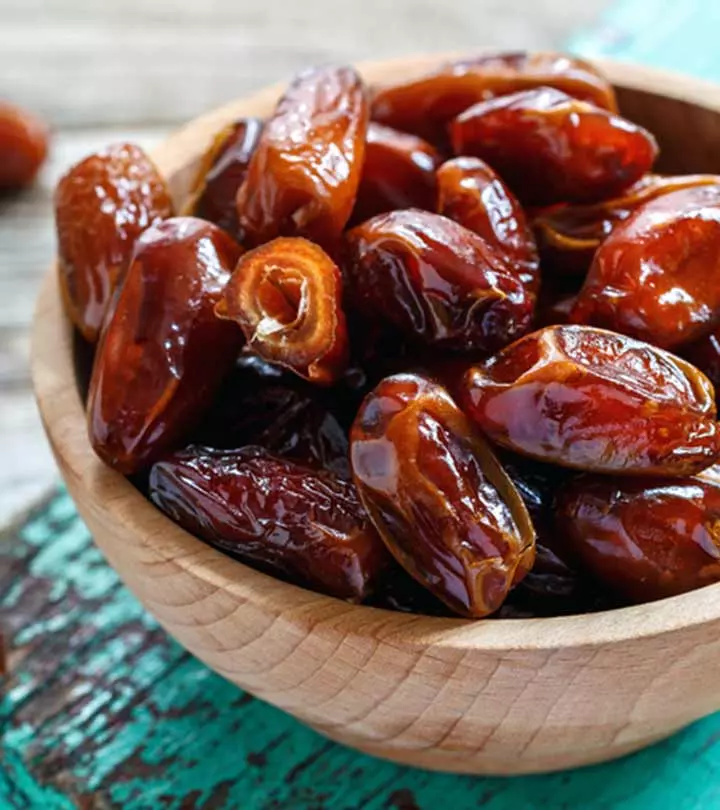
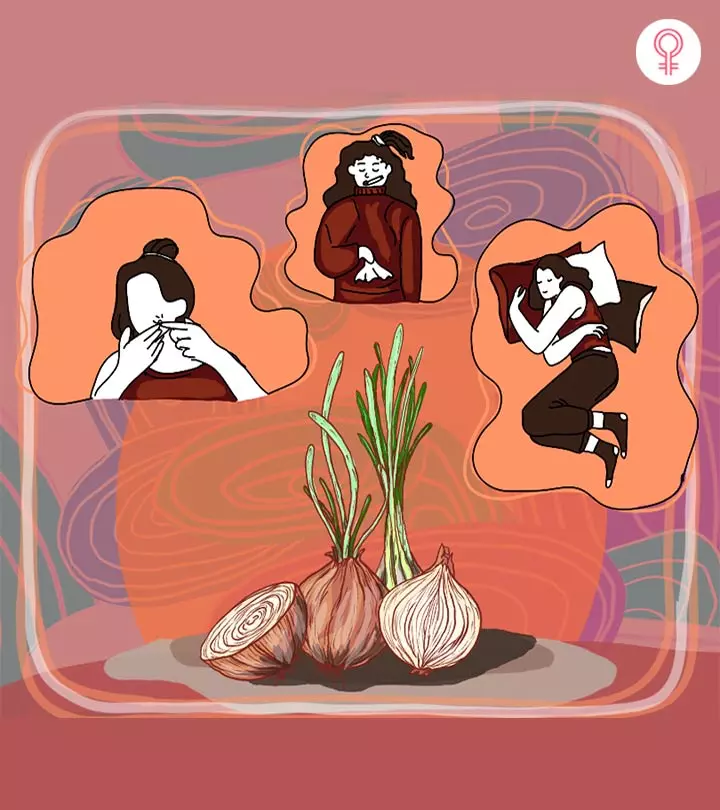
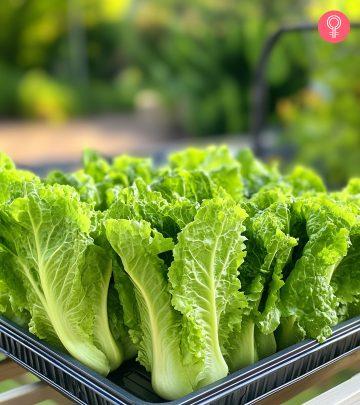
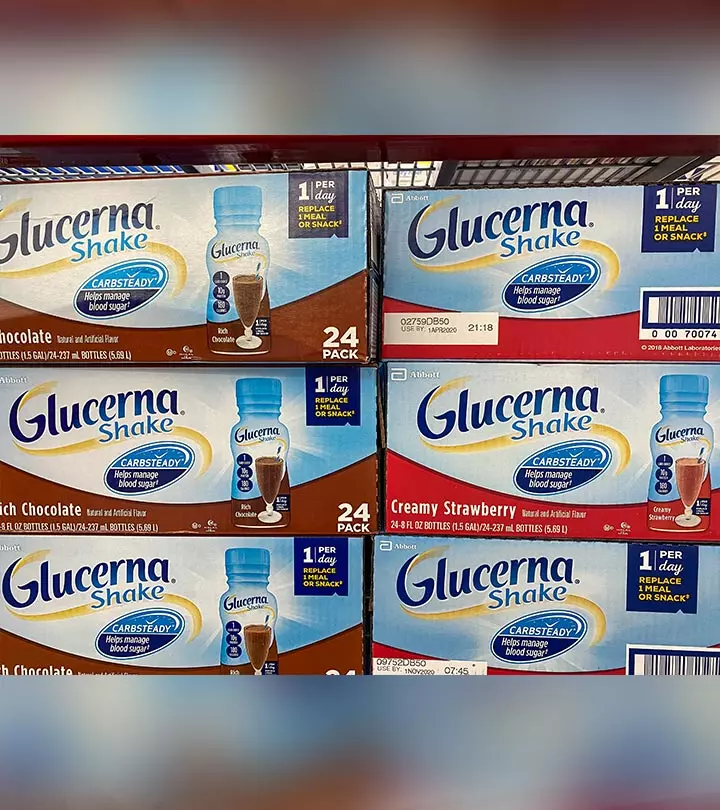
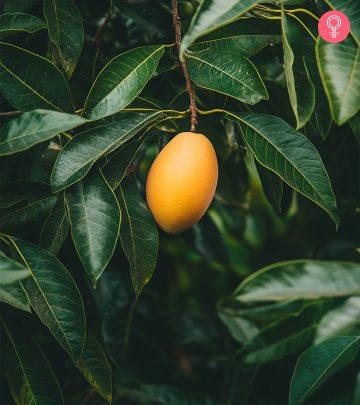
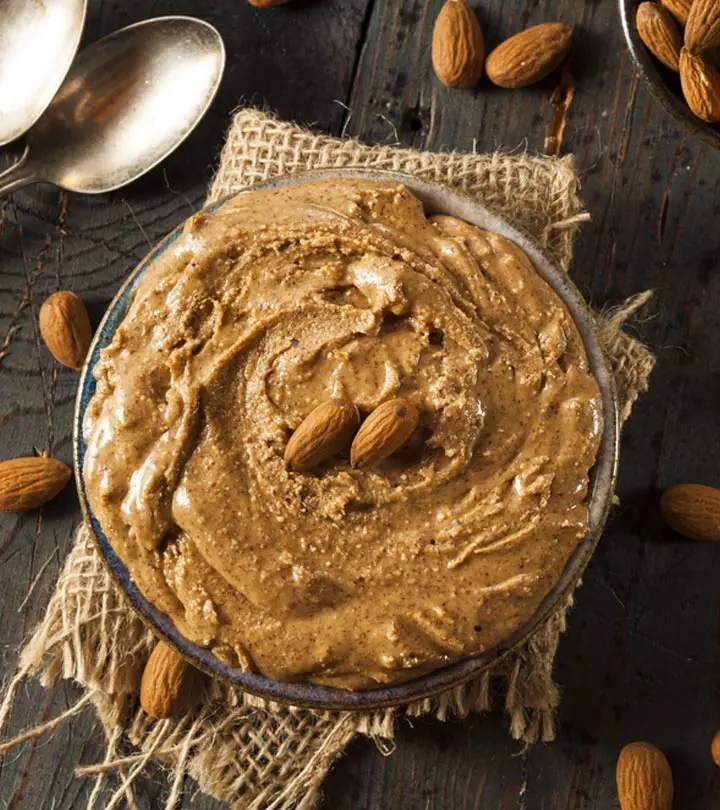
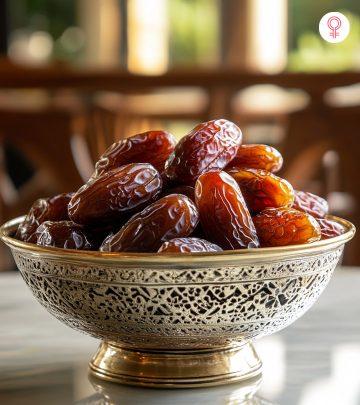
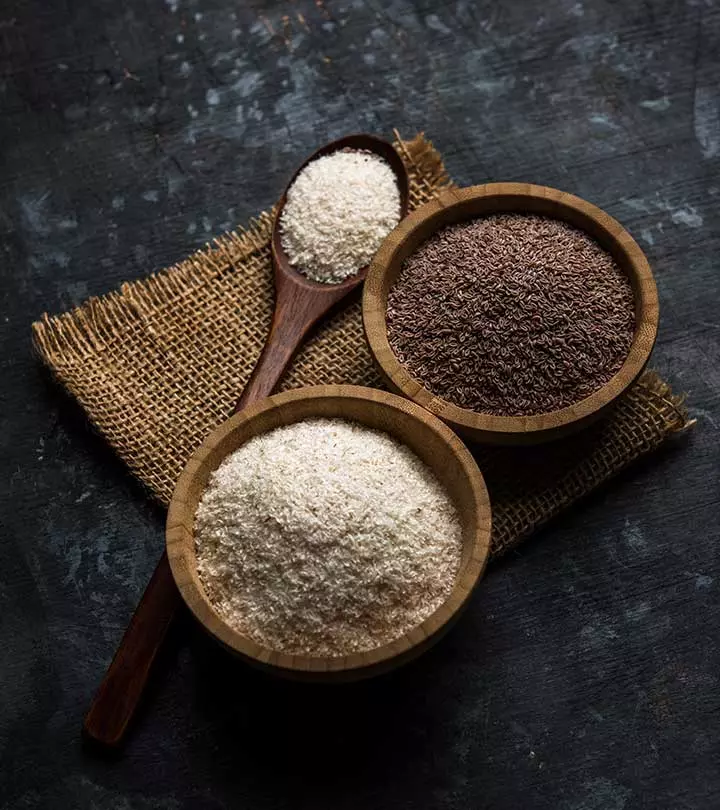
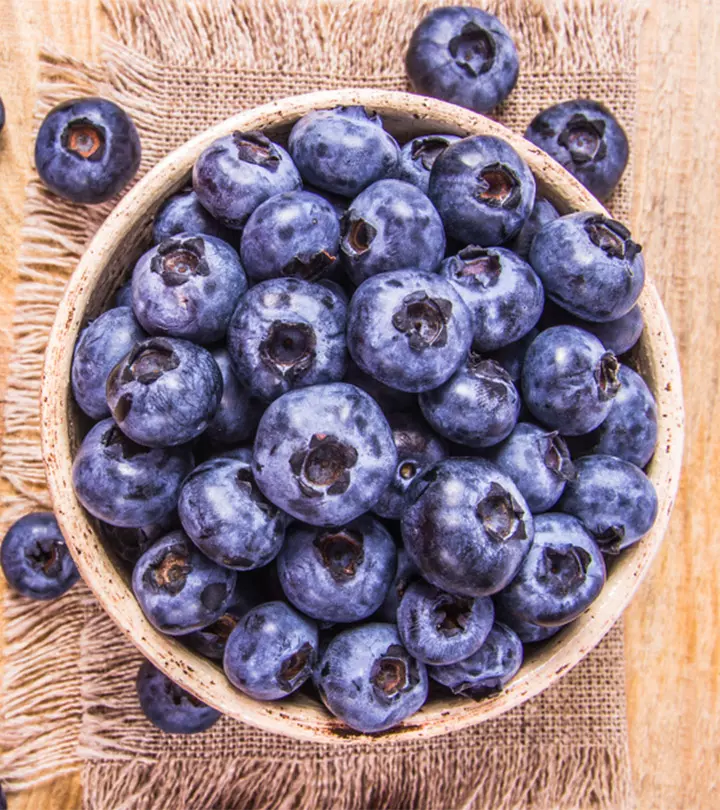

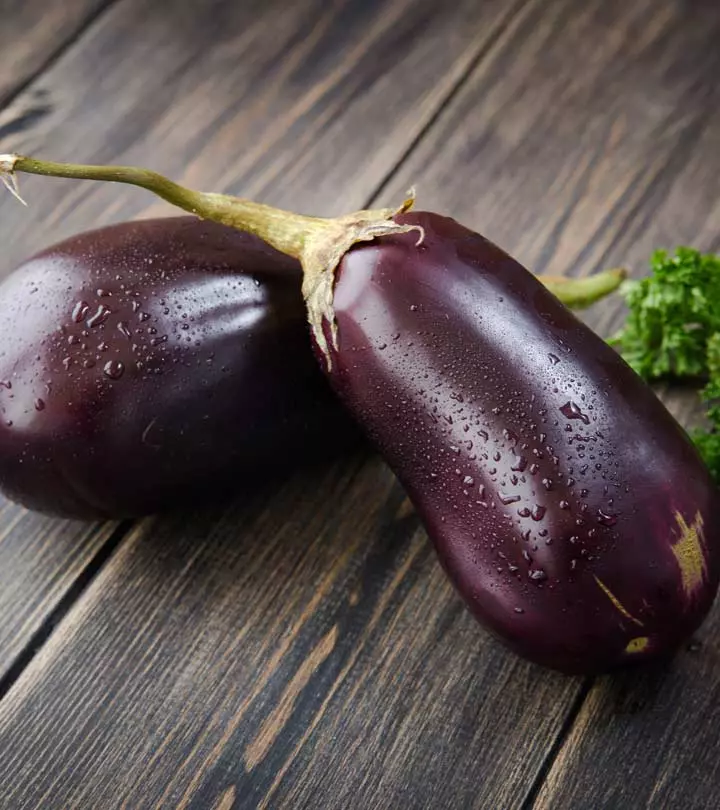
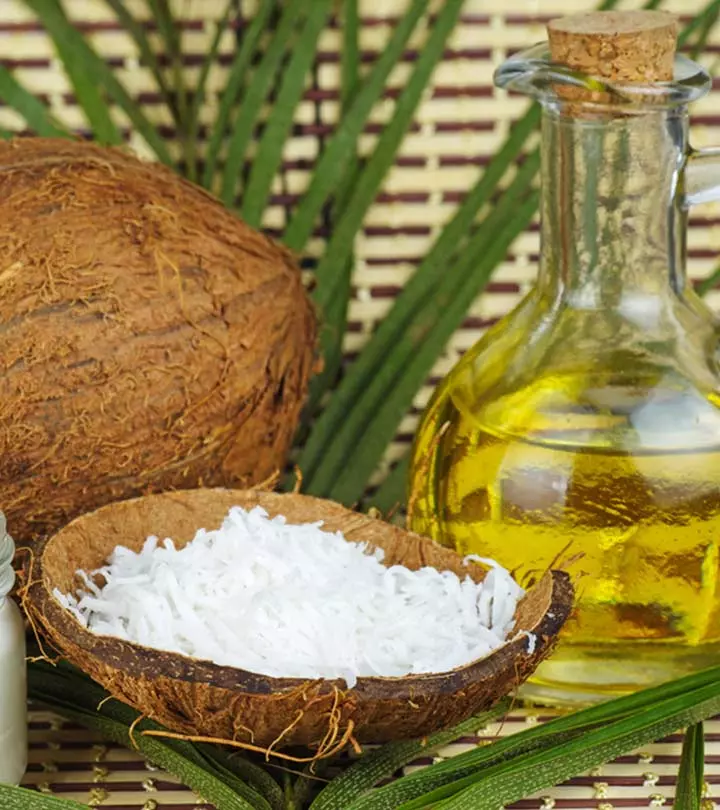
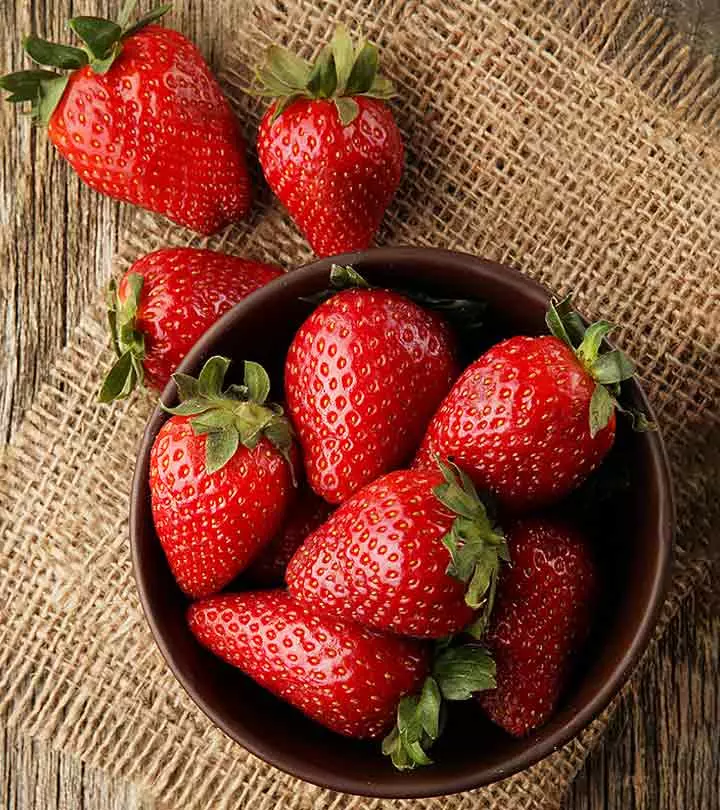
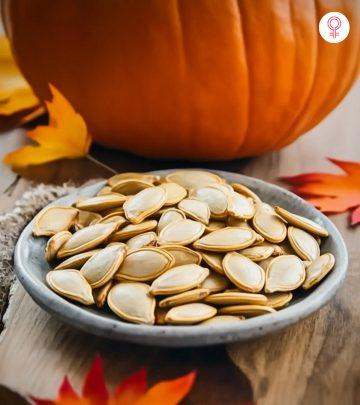
Community Experiences
Join the conversation and become a part of our empowering community! Share your stories, experiences, and insights to connect with other beauty, lifestyle, and health enthusiasts.